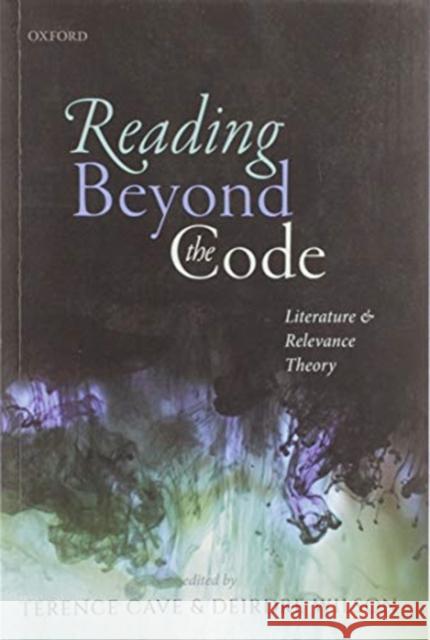Reading Beyond the Code: Literature and Relevance Theory » książka
topmenu
Reading Beyond the Code: Literature and Relevance Theory
ISBN-13: 9780198863519 / Angielski / Miękka / 2020 / 256 str.
Reading Beyond the Code: Literature and Relevance Theory
ISBN-13: 9780198863519 / Angielski / Miękka / 2020 / 256 str.
cena 164,65
(netto: 156,81 VAT: 5%)
Najniższa cena z 30 dni: 147,03
(netto: 156,81 VAT: 5%)
Najniższa cena z 30 dni: 147,03
Termin realizacji zamówienia:
ok. 16-18 dni roboczych.
ok. 16-18 dni roboczych.
Darmowa dostawa!
Kategorie:
Kategorie BISAC:
Wydawca:
Oxford University Press, USA
Język:
Angielski
ISBN-13:
9780198863519
Rok wydania:
2020
Ilość stron:
256
Waga:
0.50 kg
Wymiary:
23.11 x 15.49 x 1.52
Oprawa:
Miękka
Wolumenów:
01











